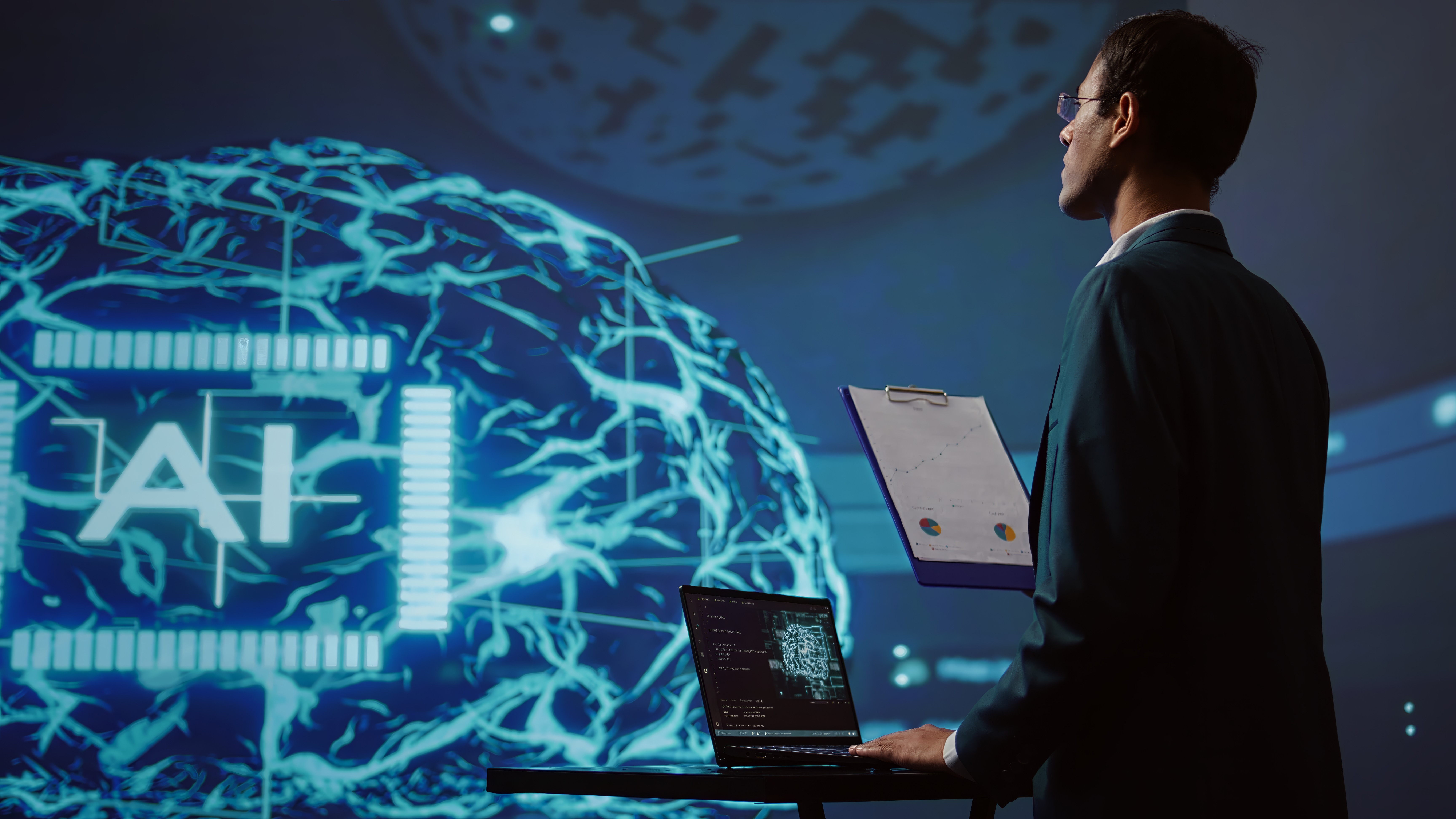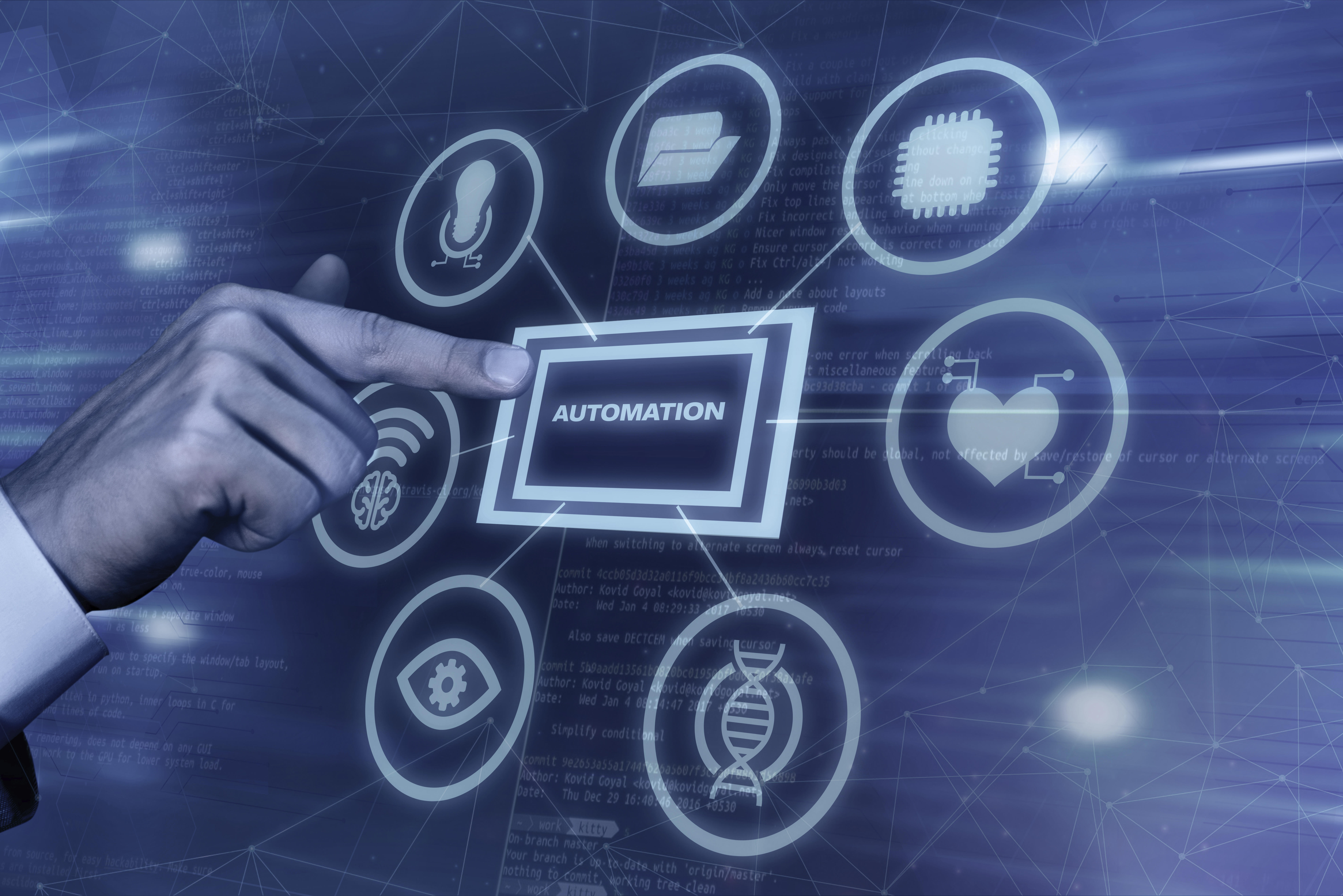The Complete Guide to Creating AI-Focused Individual Development Plans
What are Individual Development Plans?
An Individual Development Plan (IDP) is a personalized and strategic framework that outlines a professional’s career objectives, skill development goals, and the steps necessary to achieve them. It is a powerful tool for mapping out both short-term and long-term career progression. For AI professionals, an IDP helps to focus on key areas like mastering new technologies, improving technical skills, and adapting to industry changes. By creating an IDP, individuals can proactively steer their careers, continuously enhance their abilities, and stay aligned with emerging trends in the ever-evolving field of Artificial Intelligence. This structured approach not only fosters career growth but also increases job satisfaction and confidence, ensuring that professionals are on a clear path to success.
Definition and Importance
An Individual Development Plan (IDP) is a personalized roadmap that helps professionals set and achieve specific career goals. It is a structured plan that outlines the skills, competencies, and milestones a person needs to achieve in order to advance in their career. For those in the field of Artificial Intelligence (AI), an IDP is crucial for fostering continuous improvement, ensuring skills are aligned with industry trends, and reaching long-term career aspirations. The importance of an IDP lies in its ability to give direction to one’s professional journey. By clearly identifying goals, assessing current capabilities, and tracking progress, an IDP enables individuals to focus on what matters most to their career development. It’s a dynamic tool that evolves with the individual’s needs, helping them stay on track in a rapidly changing field like AI.
Overview of Individual Development Plans in AI Career Growth
In the context of AI, an IDP serves as a comprehensive guide for individuals looking to advance in a highly specialized and ever-evolving industry. AI professionals can use an IDP to break down their career objectives into actionable steps, ensuring that they are continuously improving and staying up-to-date with the latest AI technologies and methodologies. An effective IDP for AI careers will typically involve learning new AI programming languages, mastering machine learning algorithms, or developing expertise in specific AI applications such as natural language processing or computer vision. By utilizing an IDP, AI professionals can gain a clear understanding of the skills required for their next career step, helping them target the right educational resources, certifications, and hands-on experience needed to succeed.
Why are Individual Development Plans Essential for AI Careers?
In the fast-paced world of Artificial Intelligence, professionals must constantly adapt to new tools, technologies, and methodologies. An Individual Development Plan (IDP) is essential for AI careers because it helps individuals remain focused, prioritize skill development, and stay on track with their goals. AI is a dynamic field, with rapid advancements in machine learning algorithms, natural language processing, computer vision, and more. Without a clear plan, it can be challenging to navigate this ever-changing landscape. Having an IDP ensures that AI professionals are always moving forward in their careers by setting concrete goals and providing a structured approach to achieving them. It helps professionals identify the skills they need to develop to remain competitive, whether it’s mastering a new programming language, gaining proficiency in a specific AI framework, or building expertise in emerging AI applications. Additionally, IDPs foster a sense of accountability and motivation, as individuals can track their progress and make necessary adjustments along the way. In essence, an IDP serves as a roadmap for AI professionals to stay relevant, excel in their current roles, and prepare for future career advancements.
Goal Setting
The first component of an Individual Development Plan (IDP) is setting clear, specific, and measurable career goals. These goals serve as the foundation of the development plan, guiding individuals on their professional journey. Goals can be divided into short-term and long-term categories. Short-term goals might include immediate actions like completing a course on deep learning or mastering a new AI tool within a few months. These goals are typically more tangible and can be achieved in a shorter period, offering a sense of accomplishment and motivation.
Skills Assessment
An essential aspect of an IDP is performing a comprehensive skills assessment. This process involves evaluating your current skills, knowledge, and competencies to identify both your strengths and areas that need improvement. For AI professionals, this assessment often covers a range of technical and soft skills that are necessary for success in the field. In terms of technical skills, an AI professional might assess their proficiency in programming languages such as Python, R, or Java, which are foundational to AI development. Understanding machine learning algorithms—such as decision trees, neural networks, and support vector machines—is crucial for building AI models and applications. Additionally, expertise in AI tools and frameworks like TensorFlow, PyTorch, and Keras is essential for implementing and testing machine learning models.
How to Create your AI-Focused Individual Development Plan?
Creating an AI-focused Individual Development Plan (IDP) involves a thoughtful process of aligning your career aspirations with the necessary skills, knowledge, and experiences required to reach your goals. It starts with defining your professional objectives, such as becoming an AI researcher, AI engineer, or data scientist, and then breaking these objectives into smaller, actionable steps. A key component of this process is assessing your current skill set, identifying areas for improvement, and setting both short-term and long-term goals. Your IDP should be a living document, updated regularly to reflect new learning opportunities, achievements, and shifts in the AI industry. By incorporating structured learning plans, hands-on projects, mentorship, and networking opportunities, your IDP ensures that you stay on track, focused, and motivated as you advance in your AI career. This proactive approach provides clarity, accountability, and a clear path for growth in the dynamic world of Artificial Intelligence.
How to Define Clear, Achievable Goals for your AI Career
Defining clear and achievable goals is the first step in creating a successful AI-focused Individual Development Plan (IDP). Without well-defined goals, it becomes difficult to measure progress and maintain motivation. The key is to set both short-term and long-term goals that align with your career aspirations. Short-term goals should focus on immediate skill acquisition or task completion, such as learning a new AI programming language, completing a specific AI project, or gaining proficiency in a particular AI framework like TensorFlow or PyTorch. These goals should be realistic, manageable, and have clear deadlines. For instance, a short-term goal could be "Complete the 'Deep Learning Specialization' course on Coursera within the next three months.
Assessing your Current Skills and Knowledge in AI
Assessing your current skills and knowledge is a critical step when creating an AI-focused Individual Development Plan (IDP). This assessment helps identify where you stand in terms of technical expertise and which areas need further development. To begin, evaluate your proficiency in key AI areas such as machine learning algorithms, programming languages (Python, R, etc.), and AI tools like TensorFlow or PyTorch. Ask yourself questions like: “Do I understand the fundamentals of machine learning?” or “How comfortable am I in using neural networks for real-world applications?” This self-reflection allows you to identify strengths, such as strong coding abilities or experience with AI libraries, and areas for improvement, like understanding advanced algorithms or specific AI subfields such as natural language processing (NLP).
How to Map Out your Learning Path for AI Development?
Mapping out your learning path is a critical part of building a strong foundation in AI. Once you’ve defined your goals and assessed your skills, the next step is to determine exactly what you need to learn—and how to learn it effectively. Start by identifying the core knowledge areas essential for your AI career, such as machine learning, data science, deep learning, natural language processing, and computer vision. Then, match each goal from your Individual Development Plan (IDP) with specific learning activities. You should organise your learning path in a structured and sequential manner. Begin with the basics—such as Python programming and math for machine learning—before progressing to more advanced concepts like neural networks or reinforcement learning. Make sure to leave room for hands-on practice through projects, coding challenges, or online labs, as real-world experience is key to deep understanding.
Choosing the Right AI Courses and Resources for your Development Plan
With so many online courses and learning platforms available, it’s important to choose resources that match your learning style and objectives. Start by looking for beginner-friendly AI courses on platforms like Coursera, edX, Udacity, and Learn Artificial Intelligence (LAI). Choose courses that offer structured curricula, expert instruction, and opportunities to apply what you learn through quizzes, projects, or capstone tasks. Also, consider certifications that are widely recognised in the industry, such as Google’s Machine Learning Specialisation or Microsoft’s Azure AI Engineer certification. These can be valuable milestones in your learning journey. Be sure to include a mix of theory and practical learning, and supplement formal courses with blogs, podcasts, research papers, or AI community forums.
Staying Current with AI Trends and Technologies
AI is one of the fastest-evolving fields, so staying current is crucial. Set aside time in your IDP to follow industry news, attend AI webinars, participate in online communities, and subscribe to tech newsletters. Following key influencers, research labs, and companies on platforms like LinkedIn or GitHub can help you stay updated on emerging trends. Knowing what are individual development plans means understanding that they are not static documents. You’re learning path should evolve with the industry—adjust your goals and learning strategy regularly to reflect new technologies and opportunities in the AI space. This ensures long-term growth and continued relevance in your career.
How Do you Implement and Track your AI-Focused Individual Development Plan?
Once your AI-focused Individual Development Plan is created, the next step is to put it into action. Implementation involves taking consistent, deliberate steps toward your goals while regularly monitoring your progress. The key is to treat your plan as a dynamic roadmap—one that requires both commitment and flexibility. Start by scheduling regular time each week for learning, practicing, or applying new AI skills. Use a digital planner, project management tool, or spreadsheet to keep track of your tasks and deadlines. As you complete each course, build a project, or attend a workshop, document your progress. This not only builds momentum but also allows you to visualise your development over time. Setting clear timelines for each phase of your learning ensures that you stay on track and motivated.
Breaking Down Goals into Achievable Milestones
Big goals can often feel overwhelming, which is why breaking them down into smaller, manageable milestones is essential. For example, if your goal is to master natural language processing (NLP), start by setting milestones such as “Complete an NLP fundamentals course,” “Build a sentiment analysis model,” and “Read three key research papers on transformer models.” Each milestone should be actionable, time-bound, and aligned with your larger development objectives. By focusing on one step at a time, you’ll build confidence, reduce procrastination, and celebrate small wins along the way.
Adjusting your Plan Based on Feedback and Results
Flexibility is crucial in maintaining a successful Individual Development Plan. As you progress, gather feedback from mentors, peers, or self-assessments. This input can highlight areas where you may need to shift focus, explore alternative learning resources, or deepen your understanding. Adjust your plan based on what you learn—both technically and personally. If a particular course isn’t effective, find a better one. If you're progressing faster or slower than expected, revise your timelines. Understanding what are individual development plans includes knowing they should evolve with your experiences, ensuring you remain on a meaningful and adaptable career path in AI.
How Can you Leverage AI Tools to Enhance your Development Plan?
Artificial Intelligence tools can significantly boost the effectiveness of your Individual Development Plan (IDP) by offering personalised learning experiences, real-time feedback, and data-driven insights that adapt to your unique progress and goals. These intelligent systems analyse your strengths, weaknesses, and learning pace to recommend tailored resources and next steps, making your learning journey more efficient and focused. For individuals pursuing careers in AI, these tools are especially valuable—not only do they streamline the educational process, but they also provide direct exposure to the technologies and methodologies you will use professionally. Whether you're learning machine learning, computer vision, or natural language processing, AI tools help bridge the gap between theory and practice. By using these tools, you're not just studying AI; you're actively engaging with it, gaining hands-on experience with the very systems that power modern AI solutions. This dual benefit of guided learning and technical immersion makes AI tools an essential component of any forward-thinking development plan.
AI Tools for Personalized Learning and Skill Improvement
AI-powered platforms like Coursera, edX, and LinkedIn Learning now use algorithms to recommend personalised course paths based on your learning history, goals, and skill levels. These tools help you discover content that's most relevant to your career direction—whether it's machine learning, natural language processing, or computer vision. Adaptive learning technologies can adjust the difficulty level of lessons in real time, ensuring you're neither bored nor overwhelmed. Additionally, platforms such as GitHub Copilot or ChatGPT can serve as intelligent coding assistants, helping you debug code, understand complex concepts, and even practice interview questions. These tools enhance your efficiency and enable more hands-on learning, which is vital for building real-world skills.
AI-Driven Metrics for Tracking Progress in your Development Plan
Tracking progress is another area where AI tools shine. Learning dashboards integrated into AI platforms can automatically measure your progress, highlight strengths and weaknesses, and suggest improvements. For example, tools like IBM Watson or Google Cloud AI provide analytics to help you understand your performance over time, from course completion rates to project accuracy. These AI-driven insights allow for smarter adjustments to your IDP. You can prioritise learning areas where you're struggling, set new goals based on performance data, and stay aligned with industry trends. Understanding what are individual development plans includes recognising how AI tools can turn a static plan into a dynamic, responsive guide to career success.
Conclusion
In today’s fast-evolving tech landscape, having a clear, structured approach to your professional growth is more important than ever. An AI-focused development plan helps you stay competitive, focused, and aligned with your long-term goals. It allows you to identify skill gaps, track progress, and adapt to new industry trends with confidence. Understanding what are individual development plans empowers you to take control of your learning journey and make informed decisions. By leveraging this strategy, you not only build expertise in artificial intelligence but also position yourself for meaningful, long-term success in the AI industry.








